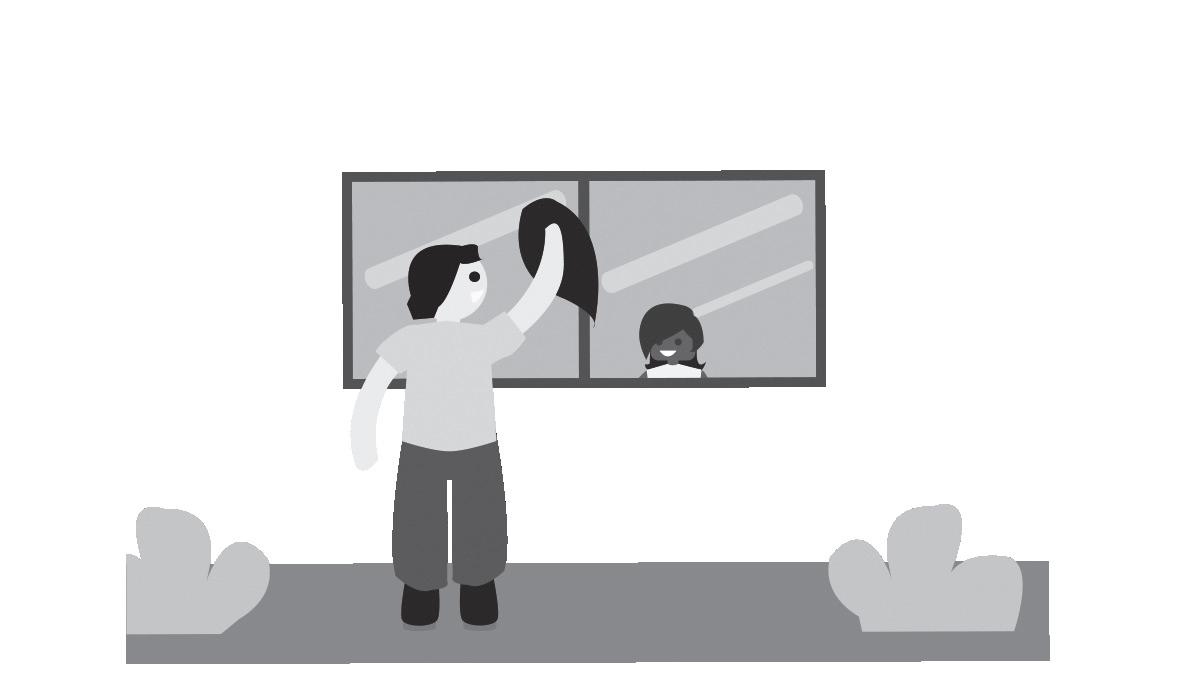
2 minute read
Abstract
Public education is a system that encompasses the educational institution proper and the entire community, the families and their social environment, beyond the four walls of the classroom. For that reason, at Education International, we understand education as a dynamic process, where non-teaching workers are an integral part of the education system.
We all assume a role in education, especially in the public sphere where the right to quality education for all is guaranteed, irrespective of the socio-economic status. This applies to all levels of education: primary and secondary, higher education, vocational training and childhood education.
Advertisement
The professional, technical and administrative staff in education form part of the education environment, through their work – cleaning, gardening, administration, counselling, transport, nutrition, etc. – but also through their conduct and the inter-personal relationships they establish with the entire educational community.
In this respect, an education trade union cannot obviate the entire educational process and leave outside out, technical and administrative staff of education, since that would be fragmenting education and limiting the action of its trade union work. Through the process already initiated to include non-teaching staff in its trade union work, Education International is trying to bring this holistic outlook on education at all levels.
The text which we submit for discussion below was drawn up by the researcher Juan Arancibia, who sent a questionnaire to the affiliated
organisations and conducted interviews with them. The questionnaire was answered by 14 organisations, making it possible to gauge the situation of non-teaching workers in its entirety in the structure and organisation of education trade unions in Latin America.
Although it is not an exhaustive or definitive research study, this material should serve as a primary reflection and analysis and enable us to draw lines for future action in our trade unions. It is an initial working document to elicit contributions and suggestions and to stimulate the discussion about a topical issue of great importance for the future.
Our organisations have long understood the need to proceed by including non-teaching staff, and have responded accordingly.
It is nonetheless necessary to generate new internal working methods and policies to systematise those processes and give them the requisite dimension in our organisations.
Education International for Latin America is firmly committed to public education and its workers. We are accordingly expanding this accompanying work to non-teaching staff in all branches and at all levels.
Let us continue with the discussion and the contributions and try to open new lines of trade union work and action for all of us who are part of public education.





